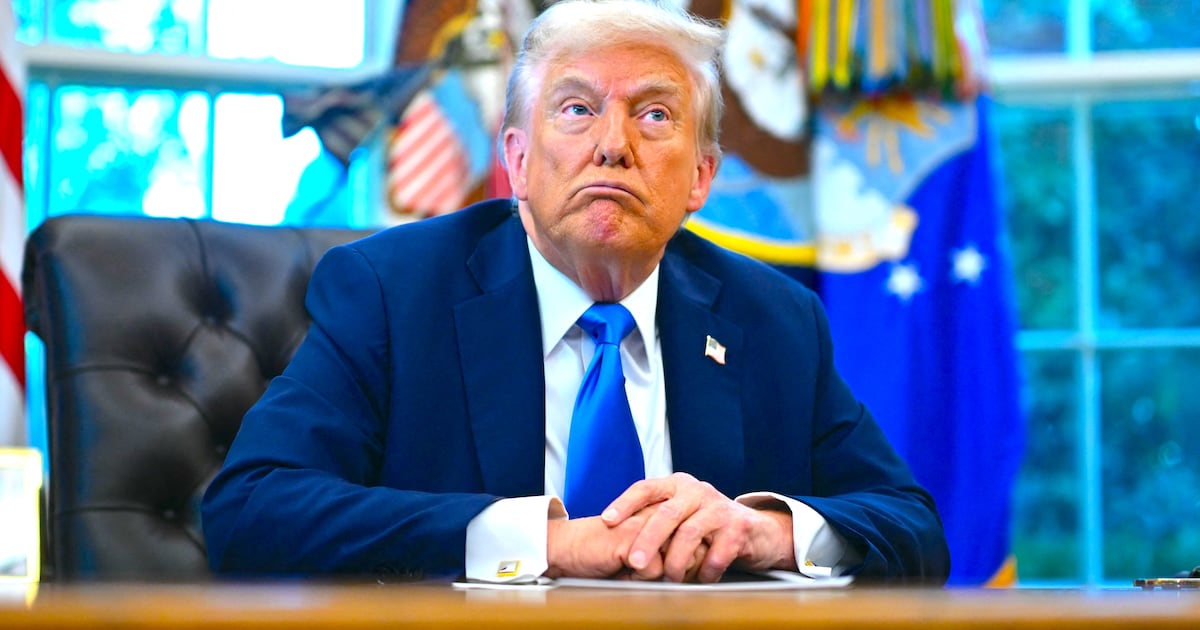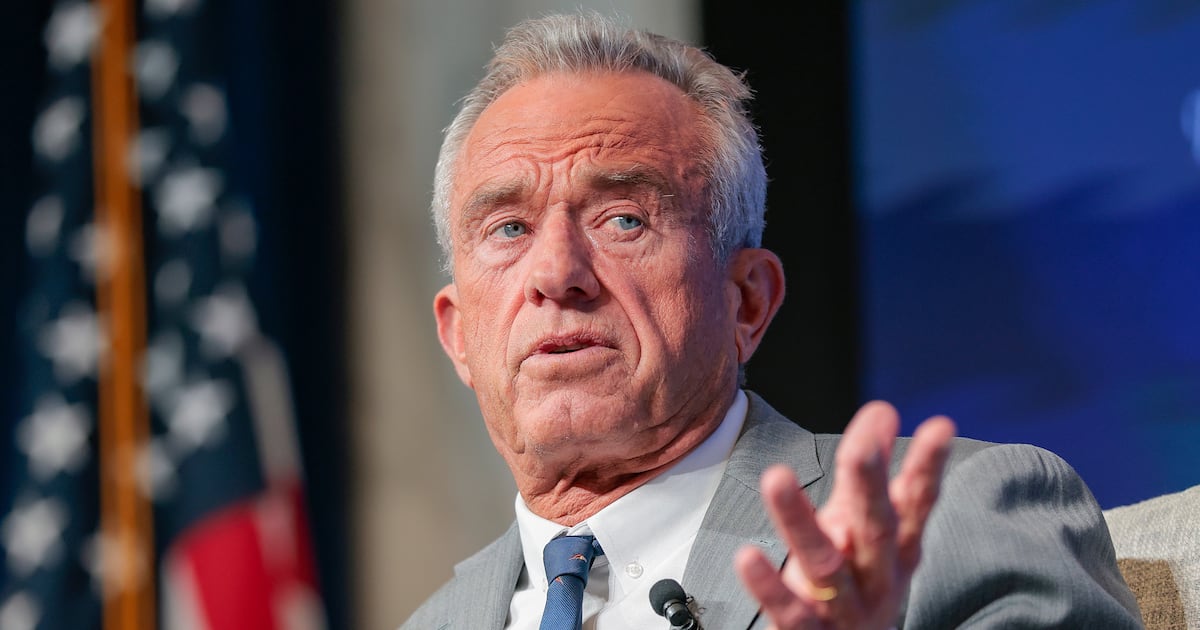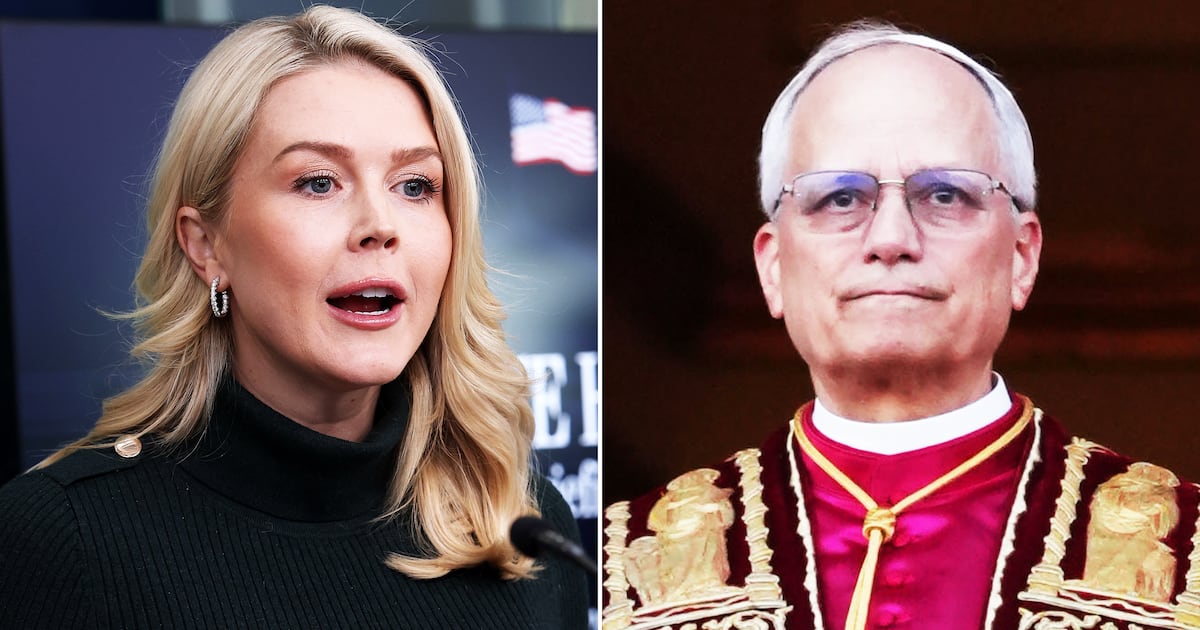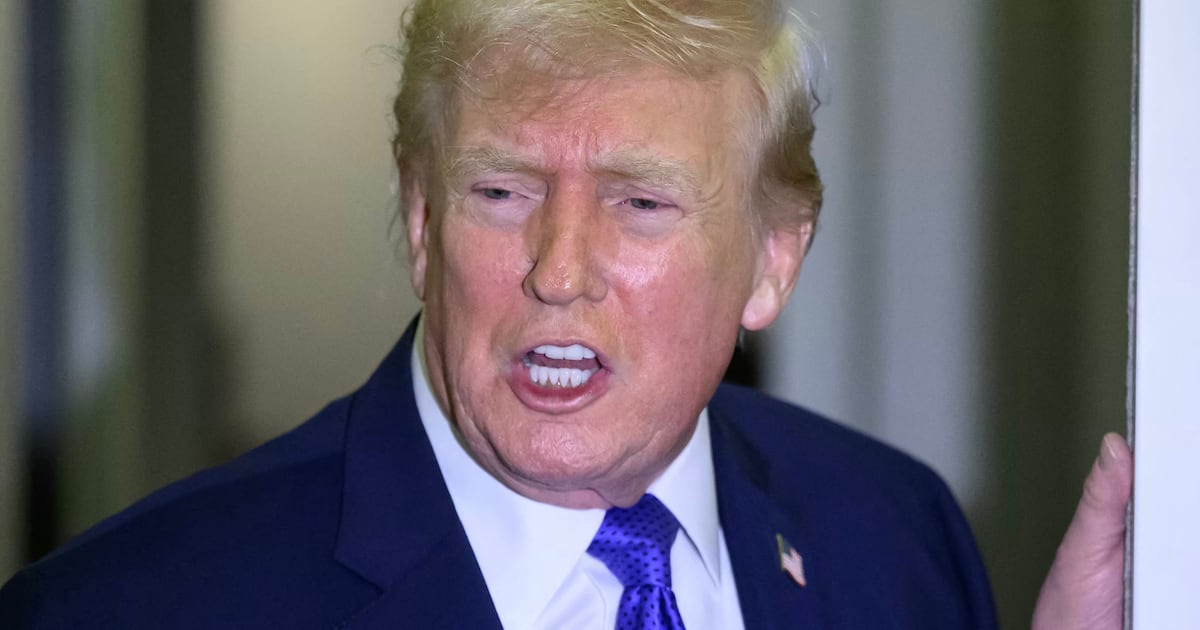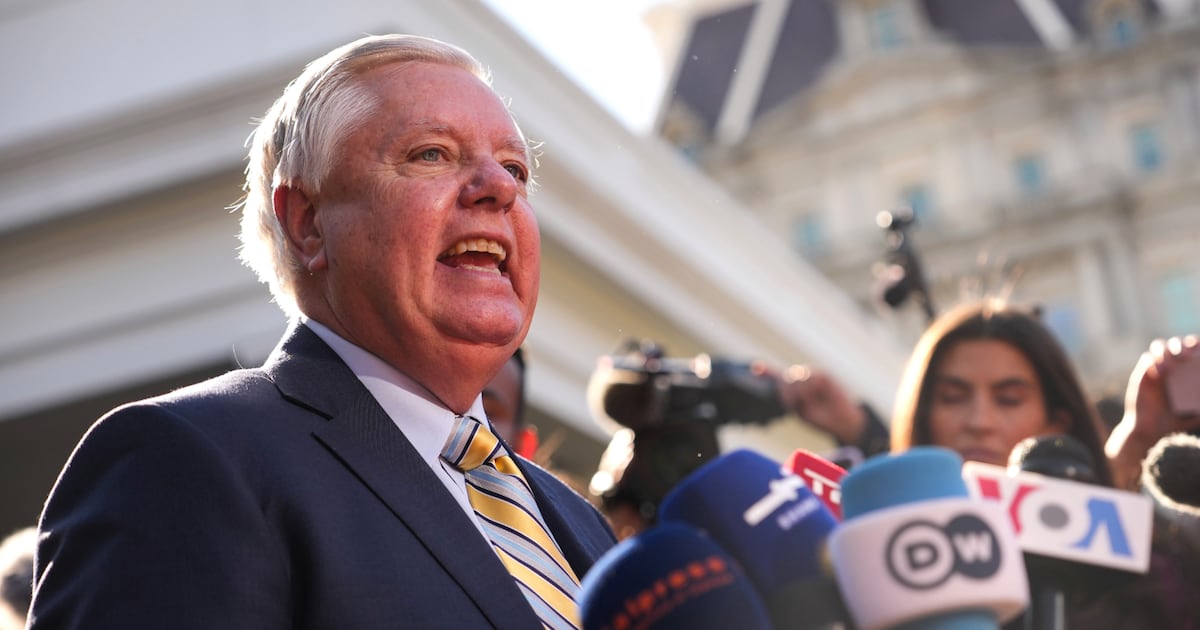Hollywood is easy to hate, and easy to blame. You see a multi-million dollar toy advertisement lumbering your way, complete with lowest-common-denominator dialogue barely audible over the explosions, and cynicism is a natural response.
So when Ta-Nehisi Coates dings Marvel films for their timidity on race, it’s easy to see where he’s coming from. Coates is particularly irritated that Marvel has chosen once again to cast a light-skinned black actress—Alexandra Shipp—to replace Halle Berry as Storm. “Hollywood can’t bring itself around to cast someone who looks like the Kenyan woman Storm actually is,” Coates says. “This isn’t a matter of fanboy accuracy, but white supremacy.”
I don’t have any desire to defend Hollywood, which does in fact have a long history of white supremacy. What else can you say about an industry whose highest grossing film remains Gone with the Wind? But bad as Hollywood’s history on race may be, are mainstream superhero comics really substantially better?
Coates doesn’t make much of a case for it. He cites Monica Rambeau—a minor character who took the Captain Marvel identity for a while—and James Rhodes, who wore the Iron Man suit in the films as well as the comics. As for Storm, in the comics she has white hair, blue eyes, and is only half-Kenyan—her Dad is an American. She’s not usually represented with especially dark skin either. Coates’s Storm—an unambiguously dark-skinned, Kenyan Storm—would be a great character, and you can see why Coates created her. But Marvel didn’t. Instead, their Storm, their most prominent black character, is deliberately distinguished by non-black features. And that’s not even getting into the fact that when Storm first joined the X-Men, her tribe was worshipping her as a god. Because black people are superstitious and think superheroes are gods, get it?
Storm’s backstory isn’t some sort of unfortunate racist blip in an otherwise proud history of anti-racism for Marvel. On the contrary, superheroes in general, and Marvel’s superhero narratives in particular, have always had very uneasy racial connotations.
This is perhaps most obvious, again, with the X-Men. Marvel mutants are (literally) racially different, and subject to racial prejudice. But they’re also mostly white—especially when you look at the highest profile characters. Prejudice against white people effectively trumps all other ethnic and racial difference in the Marvel universe; stories are built around the old, trusty H.G. Wells sci-fi trope of imagining what would happen if some group of whites were treated the way white people have typically treated non-whites. At worst, this racial boneheadedness has led to offensive comparisons of Magneto (a mass murderer) to Malcolm X. Or the really awful sequence in which white Kitty Pryde chastises a black woman for being insufficiently concerned about racial prejudice.
This dynamic isn’t restricted to the X-Men either. Think about the Hulk, a white man who changed (originally) to a grey/dark monster, and was then shunned and hunted. Or consider Spider-Man. Created by Stan Lee, a Jew, and Steve Ditko, the child of Slovak immigrants, Peter Parker is in many ways a Semitic stereotype—nerdy, awkward, despised. His isolation, his over-achievement, and his very close family connections can be read easily as a kind of immigrant or ethnic experience, and in fact, the prejudice, stigma, and harassment he faces makes much more sense if it is seen as racialized.
But, in typical Marvel style, the racial markers are erased. Parker/Spider-Man is hated for his difference, but that difference is individual, personal—the system of prejudice that would make sense of it is carefully ignored. It’s not an accident that it took Marvel more than forty years to acknowledge that Ben Grimm was Jewish. Only when Jews had for all practical purposes entirely assimilated could the despised, misshapen, loathed Thing be one. For Marvel, to be a victim of prejudice, you have to be white.
And of course the main occupation of the oppressed white people is to battle gamely against other social deviants in the name of law and order. The first Fantastic Four villain was the misshapen, blind, evil Mole Man, who is angry at the surface world for exiling and mocking him. The X-Men are constantly fighting evil mutants, battling on behalf of the “normal” folks who despise them. The comics present that as noble, but you could also see it as a kind of superhero Gunga Din narrative—or as one of those neo-Confederate visions in which the slaves unaccountably fight for their masters.
The status quo, implicitly white supremacist genre default is so strong in superhero comics that even consciously anti-racist work has trouble escaping its pull. Robert Morales and Kyle Baker’s Truth is unflinchingly bitter in its assessment of American racism: it imagines the American military performing unethical medical experiments on black soldiers to recreate the Captain America supersoldier formula. The comic makes the case that American attitudes towards race weren’t so different from Nazi ones; it has its black hero arrested and jailed for decades by U.S. government for daring to put on the (government property) Captain America costume. But at the series’ end, white Cap, Steve Rogers, shows up and puts everything to rights, hunting down the military brass who performed the experiments and personally apologizing for the nation’s failures. Truth and justice triumph in the person of the white savior wearing the flag. America is good, the white guy is the hero, and all is right with the world.
Not that Marvel has always in every way failed in its representation of race. Certainly, it's done better overall than DC. The decision a few years back to make the Ultimate universe Spider-Man black is admirable, and it seems well past time for the ever-rebooting films to try focusing on Miles Morales rather than Peter Parker. I love the current Ms. Marvel comic by G. Willow Wilson, which features a young Pakistani-American Muslim girl, and which consistently presents her as trying to help other folks, rather than as fighting against other marginalized people. And obviously, whatever Marvel comics’ failures, many black people have loved them, and have felt welcomed by them, in one way or another. I don’t doubt Coates when he says, “Outside of hip-hop, it was in comics that I most often found the aesthetics and wisdom of my world reflected.”
But I can’t help but feel that if Coates found wisdom about race in Marvel comics, it was wisdom he brought himself—just like it was he, and not Marvel writers, who invented a dark-skinned Storm. It’s not an accident that when black creators wanted to create a group of diverse superheroes, they didn’t do it through Marvel, but instead founded their own company.
As Coates says, superhero films approach race without much imagination or courage, the casting of Michael B. Jordan as Johnny Storm notwithstanding. But that lack of imagination and courage seems like it’s fairly consistent with the Marvel comics source material, which has rarely been adventurous in confronting racial issues, and has often been actively dedicated to erasing or denying them. If anything, the larger, more diverse audience of the films seems to be pushing Marvel comics to try to focus a broader range of heroes. The diverse Marvel that Coates praises is more notional than actual; it’s a potential, rather than a reality. Hopefully, someday soon fans will see that diverse potential fulfilled, both on screen and on the page.

